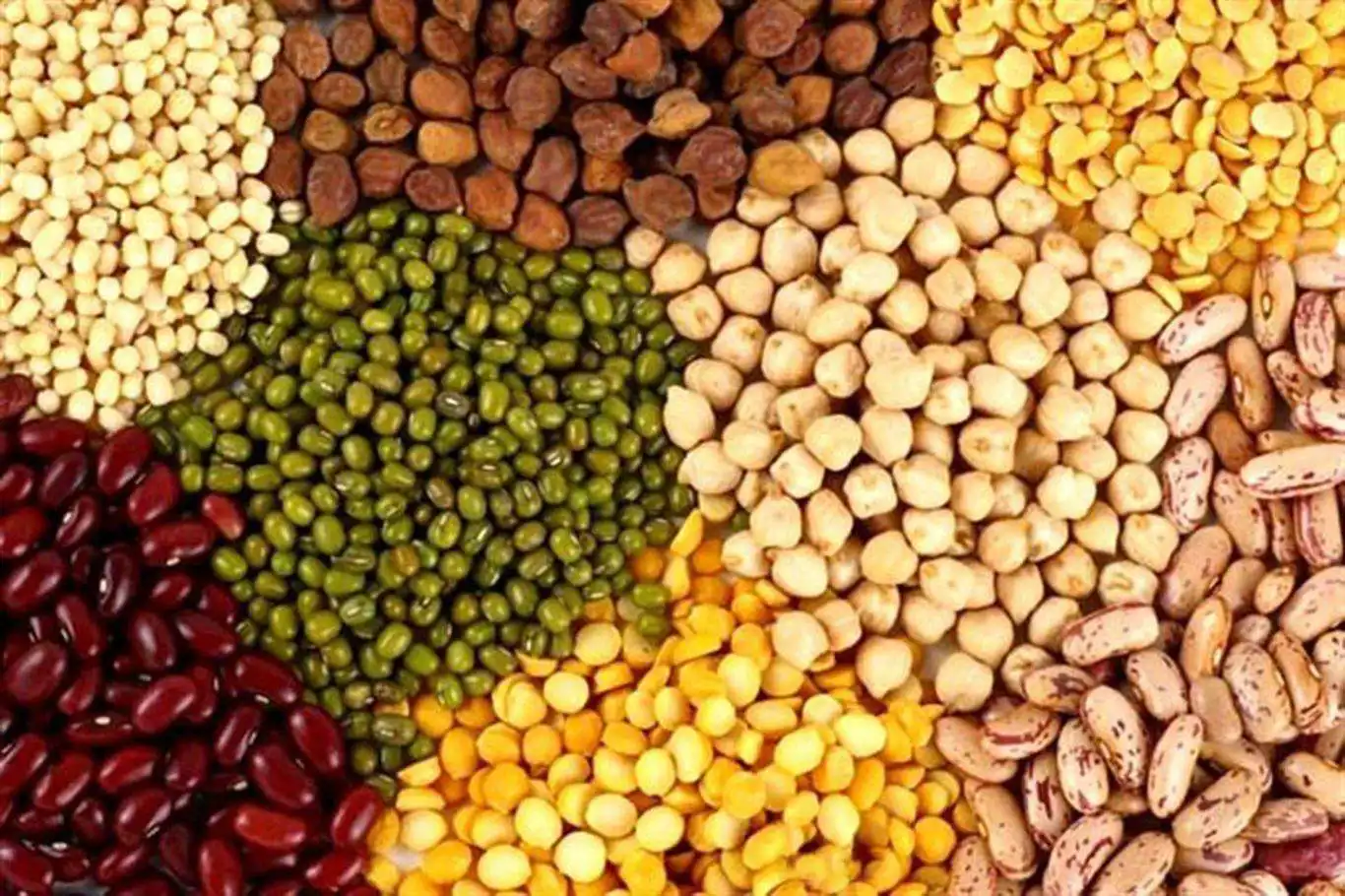Türkiye faces significant decline in crop yields for 2025


Türkiye’s agricultural output is expected to shrink considerably in 2025, with forecasted declines in nearly every major crop category, according to the Turkish Statistical Institute (TurkStat).
The agency’s first estimates reveal a sharp downturn in the production of cereals, vegetables, and especially fruits, raising concerns about food security and economic impact across the country.
According to TurkStat’s projections, total crop production for 2025 will amount to approximately 71.4 million tonnes for cereals and other field crops, 33 million tonnes for vegetables, and 21.4 million tonnes for fruits, beverages, and spice crops.
Cereal and Field Crop Output to Shrink by Over 5%
The production of cereals and other field crops (excluding fodder crops) is projected to fall by 5.3% compared to 2024. Cereal output alone is expected to decline by 4.1%, settling at 37.4 million tonnes.
Wheat production, Türkiye’s staple crop, is forecasted to drop by 5.8% to 19.6 million tonnes. Barley output will fall by 8.0% to 7.5 million tonnes, and oat production will decline dramatically by 23.1% to just 300 thousand tonnes. Rye production is also set to drop by 5.5% to 243 thousand tonnes. However, maize is expected to buck the trend with a 4.9% increase, reaching 8.5 million tonnes.
Dry pulses will see mixed results: chickpea production is expected at 605 thousand tonnes, dry beans at 283 thousand tonnes, and red lentils at 340 thousand tonnes. Potato production will fall significantly by 13.0% to 6 million tonnes.
In the oilseed segment, soybean output is projected to decrease by 11.1% to 160 thousand tonnes, while sunflower production is expected to rise by 4.8% to 2.3 million tonnes. Sugar beet production will also take a hit, with an estimated decrease of 6.5% to 21.5 million tonnes.
Vegetable Output Declines Marginally
Vegetable production is forecasted to decrease by 1.7% in 2025 compared to the previous year. While certain crops like watermelon (+3.5%), dry onions (+2.6%), and eggplants (+3.3%) are expected to see modest gains, more widely consumed crops are expected to contract. Tomato production will fall by 5.7%, processed peppers (capia) by 3.7%, and green beans by 4.5%.
Fruit Production Sees Steepest Drop, Down 24.4%
Fruit, beverage, and spice crop production is anticipated to suffer the sharpest decline — a 24.4% drop from the previous year — amounting to just 21.4 million tonnes. Key fruit categories are forecasted to see substantial reductions: apples (-38.7%), peaches (-32.1%), nectarines (-35.5%), cherries (-55.7%), and grapes (-18.6%).
Among citrus fruits, mandarin production is expected to inch up by 0.6%, while oranges will decrease by 12.4% and lemons by 20.9%. In the nuts category, major losses are predicted: hazelnuts (-27.5%), walnuts (-27.7%), and pistachios (-54.6%). Olive production is projected to decline by 40.0%, while banana output will remain relatively stable.
Outlook Raises Concerns
The sweeping downturn in agricultural production comes amid growing climate volatility, rising input costs, and challenges in irrigation and water management. With staple food outputs like wheat and vegetables in decline, the data may increase pressure on policymakers to address rural infrastructure, support mechanisms, and food import dependencies.
As Türkiye’s agriculture sector braces for a difficult year, the latest figures underscore the urgent need for long-term resilience planning in the face of climatic and economic pressures. (ILKHA)
LEGAL WARNING: All rights of the published news, photos and videos are reserved by İlke Haber Ajansı Basın Yayın San. Trade A.Ş. Under no circumstances can all or part of the news, photos and videos be used without a written contract or subscription.
HÜDA PAR Deputy Chairman for Economic Affairs, Mehmet Şah Gültekin, has raised alarm over Türkiye’s deepening budget deficit and called for a fundamental shift toward a production-based and people-centered economic model.
Central Bank of the Republic of Türkiye (CBRT) Governor Fatih Karahan presented the Inflation Report 2025-II at a press briefing in Istanbul on Thursday.
Türkiye’s labour market displayed significant annual wage increases and a rise in working hours in the first quarter of 2025, despite a slight quarterly dip in employment, according to data released by the Turkish Statistical Institute (TurkStat) on Thursday.